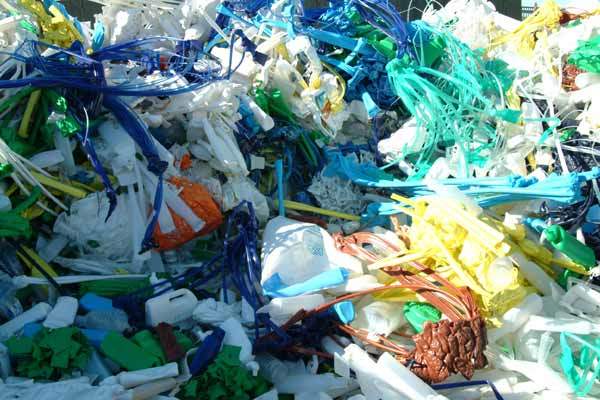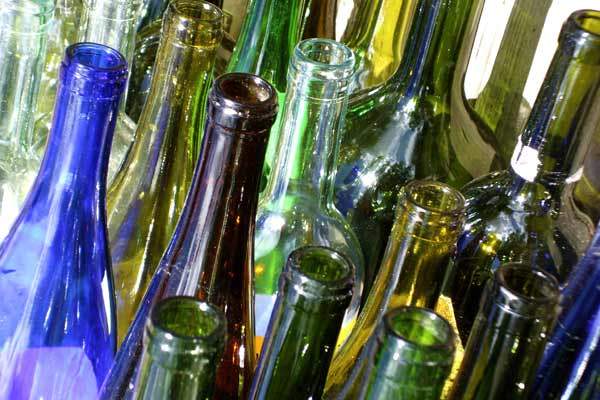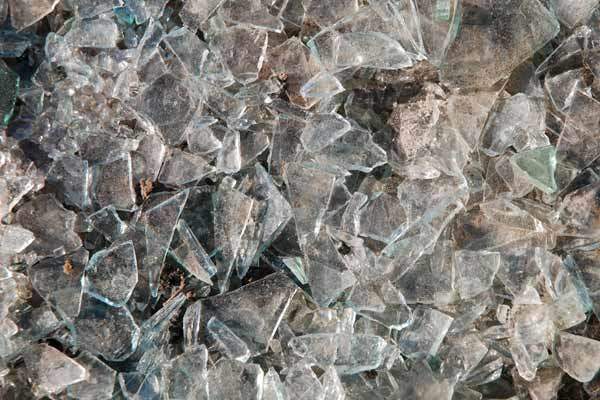Colmax Glass, a leading player in the glass recycling industry in Australia, completed the construction of its new glass reprocessing plant in Kewdale (Perth), in Western Australia in August 2010. The plant commenced operations in late 2010 after a 90-day trial period of carbon emissions testing.
The new state-of-the-art facility transforms glass into high-value products such as glass cullet, Colmax TecSand™ and Colmax SuperFine TecSand.
Colmax built the new plant in partnership with the Australian Packaging Covenant (formerly National Packaging Covenant). The Covenant is a national venture formed by the companies in supply chain and the government to reduce environmental impact arising from used packaging materials.
The new plant was built with an estimated investment of A$5.4m. It has the capacity to reprocess 20,000 to 50,000 tonnes of glass a year.
The facility was built with the aim of providing a feasible environmental solution for the waste glass produced in Western Australia where no glass reprocessing facilities exist. It will also aid in providing access to new, local and export markets and create new business opportunities.
Financing
The Western Australian government contributed A$1.95m through the WA Waste Authority. Remainder of the A$5.4m project cost was borne by Australian Packaging Covenant and Colmax Glass.
Technology
The new plant uses Colmax’s proprietary technology to process waste glass and transform it into purified and graded glass sand. It also ensures that presence of contaminants such as paper, dust or organic matter is minimal in the glass.
Products
The plant produces crushed mixed-colour and clear glass in a range of sizes depending on the customers’ requirements. The grain size of the glass ranges from 0.2-0.4mm, which can be used for fine surface sand-blasting and coarse size of 3.0-7.0mm, which can be used for drainage aggregate.
The glass sand can be used in various applications such as bottle manufacturing, insulation, water filtration, asphalt aggregate, abrasives and cement extender. Colmax provides a portion of the crushed glass sand for Resin Coated Sands to be used for coating glass and bicycle lanes.
Benefits
Construction of the new glass reprocessing plant was in response to the need for a feasible solution to process the waste glass produced in Western Australia. Since the region does not have any glass reprocessing facilities, glass produced was either sent to landfill or transported to the Eastern states such as Adelaide for processing.
Both these approaches were neither cost effective nor environmentally sustainable in the long run. Colmax’s new plant aims to solve this problem by processing all the waste glass produced in the region. The Covenant chose Colmax to build the new plant from a range of leading competitors due to the various advantages the company provided. Firstly, Colmax accepts all of the glass collected in the recycling process independent of its quality. The waste glass accepted by Colmax can include anything from clean bottles, which form a small fraction, to splinters of glass mixed with bottle tops, bits of plastic, pebbles and other waste.
Secondly, the technology used by Colmax can transform even the lowest quality glass into high-value glass sand, which is pure enough to be used in the production of bottles and insulation batts. Thirdly, Colmax has developed a diverse range of markets for its products and plans to expand into the untapped markets in Western Australia.






